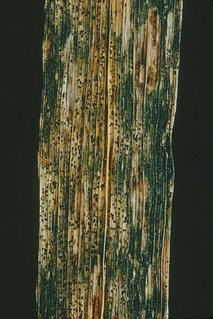Mental health articles
OF mental health care and mentally ill
Psychoanalytic of Conversion Disorder
Psychoanalytic of Conversion Disorder
Although psychoanalytic formulations have undergone considerable revision over the years, a series of papers on an integrated theory of conversion written in the late nineteenth century by Freudcontinues to influence thinking about conversion disorder. He stated that a conversion symptom is usually associated with a passive sexual seduction that typically occurs during the oedipal period.
Due to sexual feelings and situations that arise around puberty, the childhood seduction is then followed by a resensitization of the early childhood episode. At puberty, sexual urges recall frightening affects and memory traces of an earlier sexual trauma. In an attempt to cope with this, repression (as a defense) leads to the conversion of sexual arousal into a somatic symptom. Freud added that the actual early childhood sexual trauma did not have to be real and that sexual fantasy alone could produce a conversion reaction. Lazare theorized that conversion reactions can result from impulses other than sexual, for example, aggression and dependency.
Engel stated that conversion may develop for several reasons: (1) to permit expression of a forbidden wish or impulse, (2) as a form of punishment for a forbidden need, (3) to remove oneself from an overwhelming threatening life situation, and (4) to allow gratification of dependency needs by assuming the sick role. In sum, a conversion symptom represents a compromise between the need to express ideas or feelings that are unconscious and the fear of expressing them.
Related articles
Post Footer automatically generated by wp-posturl plugin for wordpress.
More from my site
Tags: conversion, disorder, psychoanalytic











Leave a Reply